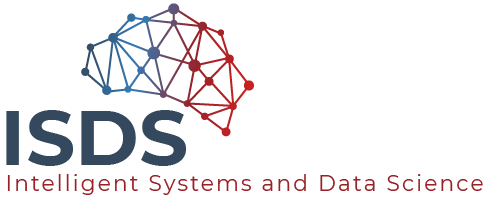Springer Nature HackDay Summary Video
Couple of months ago, the SKM3 attended the Springer Nature HackDay (here is the post). Just not long ago, Springer Nature released a short video featuring us. Summarised is also Angelo’s interview, in which he discusses the advantages of making scholarly datasets, as SciGraph, available to the public.



 Scholarly Knowledge Mining
Scholarly Knowledge Mining
 Digital Humanities
Digital Humanities
 Data Science
Data Science
 Smart Cities and Robotics
Smart Cities and Robotics
You must be logged in to post a comment.